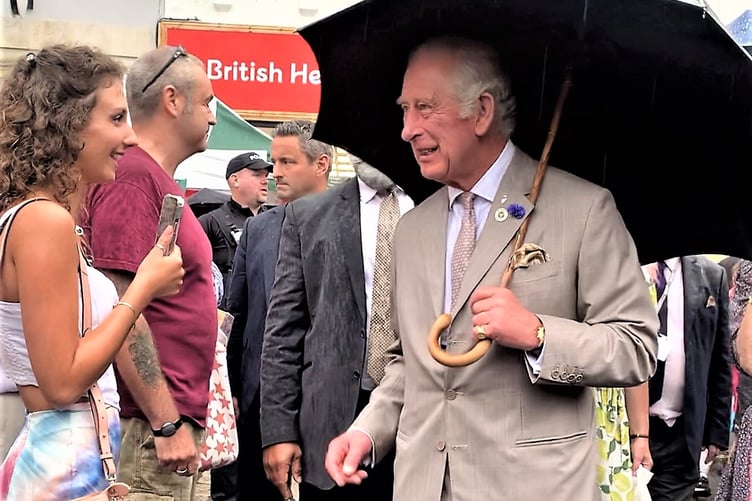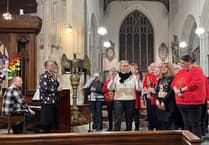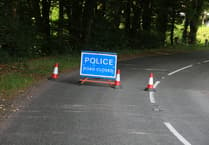KING Charles differs so distinctly from his two kingly predecessors, also named Charles, that it was speculated he might adopt a regnal name other than Charles, such as George, one of his Christian names, and the regnal name of his grandfather, King George VI.
As so often, the speculation was just that. Thus on Saturday, in Westminster Abbey, or, to give it its full name since being designated a Royal Peculiar in 1534, the Collegiate Church of St. Peter, Westminster, our new King will be crowned King Charles III.
Westminster Abbey has been the venue for coronations since 1066. Neither cathedral nor parish church, the Abbey is under the leadership and direction of its Dean and Chapter, and subject not to any bishop or archbishop, but to the Sovereign.
Tomorrow’s contemporary Coronation will include both newly commissioned and familiar ceremonial music, and be inclusive, in both religious and secular ways, including pledging allegiance by those watching or listening. Yet at the Coronation’s heart will also be centuries-old dignified ritual, full of meaning and importance for past, present and future.
The King will be crowned with full regal titles, including Fidei Defensor, Defender of the Faith.Prince Charles considered an alternative translation, Defender of Faith, the absence of the definite article implying greater inclusion.
However, since 1534 the title Defender of the Faith has referred to the Sovereign’s position as Supreme Governor of the Church of England; and Archbishop Welby will mention the King’s wider aspiration.
I am privileged to have met Prince Charles, as he then was, several times around the world, including watching him play polo hard and fast, and score winning goals for England against Argentina. I also met Diana, Princess of Wales.

When the Princess met her so tragic end, I was serving half a world away, but recall how, like the United Kingdom, Australia felt deep shock and distress; grief galore, including among those who had shared those two happy terms at Geelong School in Australia with Prince Charles.
It was a grievous time around much of the world, and of course more than especially for all the royal family. The sadness of the failed marriage was profound indeed, and Prince Charles suffered greatlythen and thereafter.
I believe, with many, that his second marriage to Queen Camilla is notably happier, and that Her Majesty will be a constant and constructive support and stay for the new King.
Latterly, Prince Charles has made it crystal clear that, on subjects which interest and concern him closely, from climate change, environment, and nature, to architecture and the arts, he will not serveas monarch in such an interventionist way as he was seen to do as Heir. Yet causes he endorsed and pursued, that may have seemed eccentric at the time, have become mainstream today.
We can look forward with confidence to a reign that will be inspired and informed by that of the late great Queen; but to a reign that will also differ, in how the King will serve the modern United Kingdom, and His Majesty’s other realms and territories, in this 21st century.
The Coronation and associated events signal an opportunity to reverse the recent reported decline in popular support for the monarchy; and will reflect both the old and the new. Our United Kingdom can embrace both, warmly.





Comments
This article has no comments yet. Be the first to leave a comment.